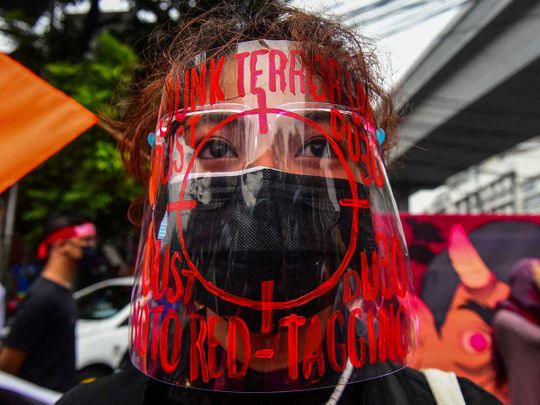Jusoor International, a non-profit media development organization, recently held a forum at the 55th session of the Human Rights Council in Geneva. The event, titled "False Information in Conflict Zones," underscored the growing threat of misinformation and disinformation in war-torn regions. Speakers at the forum emphasized the devastating impact such false narratives can have on communities and individuals caught in the throes of conflict.
The discussion highlighted how readily available communication technologies and the increasing influence of social media have created fertile ground for the spread of misinformation. Malicious actors can easily exploit these platforms to sow discord, manipulate public opinion, and even incite violence. Panelists pointed out how artificial intelligence can be used to create deepfakes and other deceptive content, further blurring the lines between truth and falsehood.
Mohamed Al Hammadi, President of Jusoor International, stressed the urgency of addressing this issue. "False and misleading information in the media is a growing threat," he said, emphasizing the critical role of journalists and media organizations in combatting misinformation. He called for increased efforts to verify information, particularly content shared on social media, to prevent the spread of falsehoods that can distort facts and undermine public trust.
The forum underscored the need for a multi-pronged approach to tackling misinformation in conflict zones. This includes promoting media literacy initiatives that equip citizens with the skills to critically evaluate information they encounter online. Educational programs can help people identify red flags associated with misinformation, such as biased language, sensationalized headlines, and a lack of credible sources.
Furthermore, fostering independent journalism is crucial. Investigative reporting and fact-checking initiatives play a vital role in exposing false narratives and holding those who spread them accountable. Supporting independent media outlets in conflict zones ensures access to reliable information, a lifeline for those caught in the crossfire.
Social media platforms also have a responsibility to curb the spread of misinformation. Implementing stricter content moderation policies and developing algorithms that can detect and flag fake news are essential steps. Collaboration between governments, media organizations, and tech companies is necessary to create a robust system for identifying and mitigating the spread of harmful content.
The consequences of unchecked misinformation in conflict zones can be dire. It can fuel ethnic tensions, exacerbate violence, and hinder peacebuilding efforts. Jusoor International's forum served as a critical reminder of the importance of a free and independent press, media literacy education, and responsible social media practices. By working together, stakeholders can combat the spread of misinformation, ensuring that truth prevails amidst the chaos of war.

